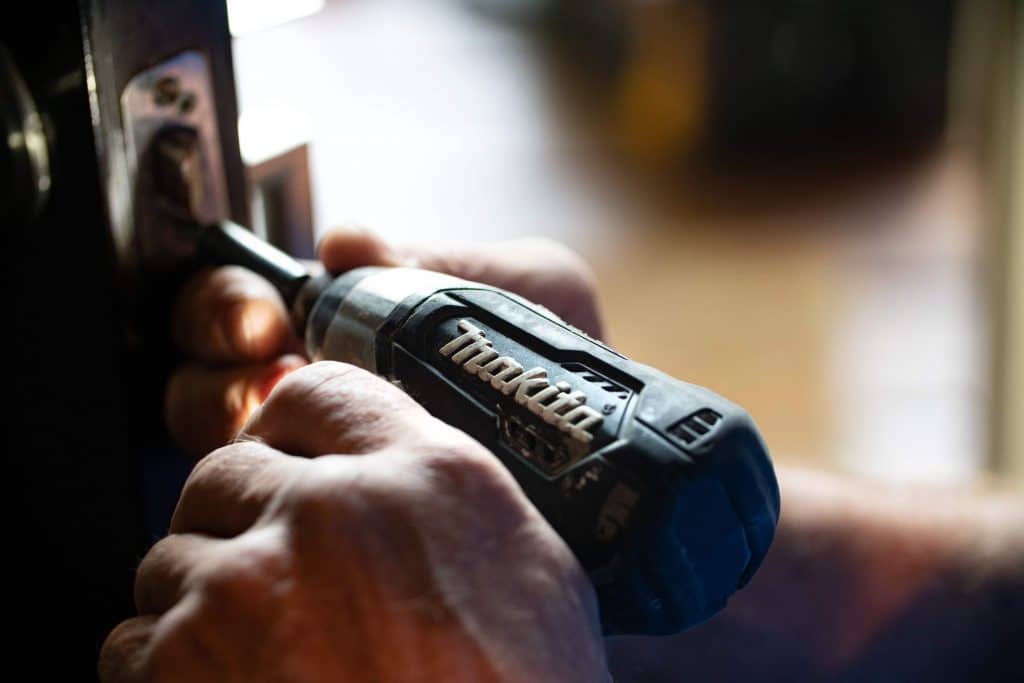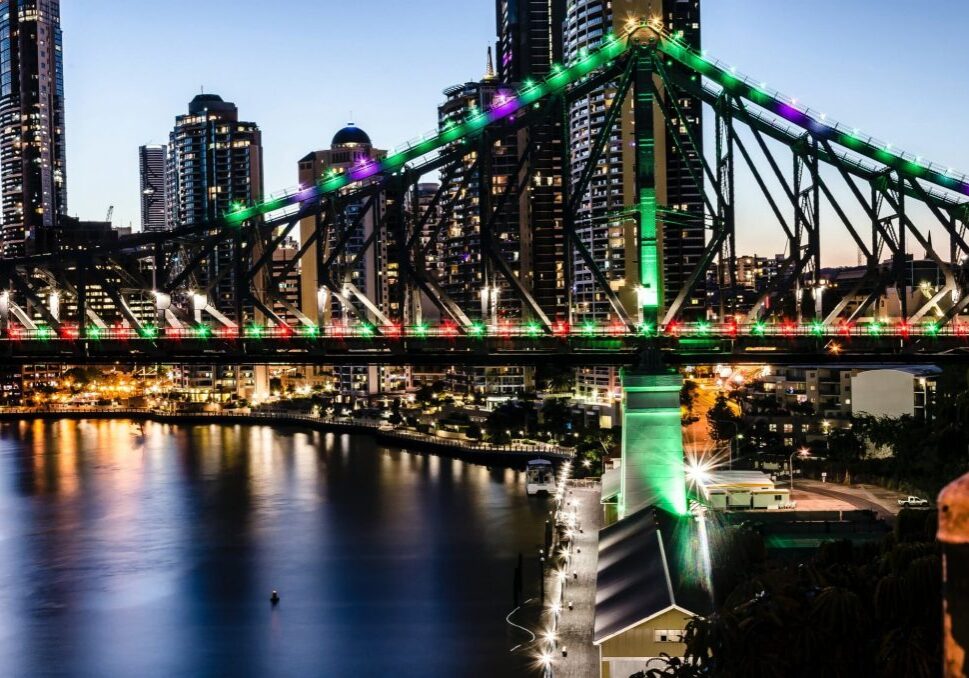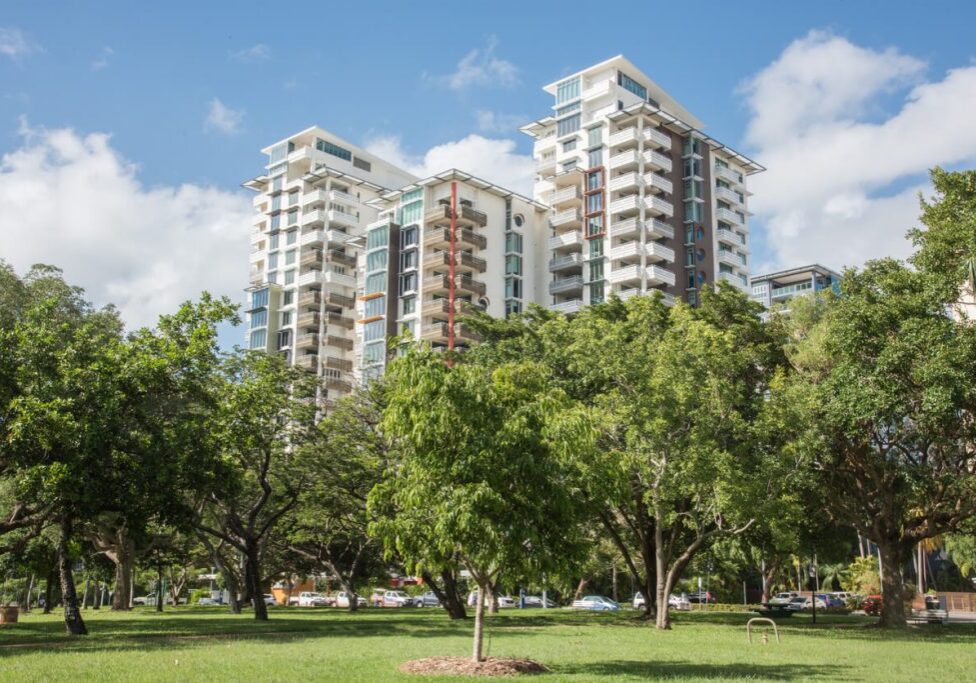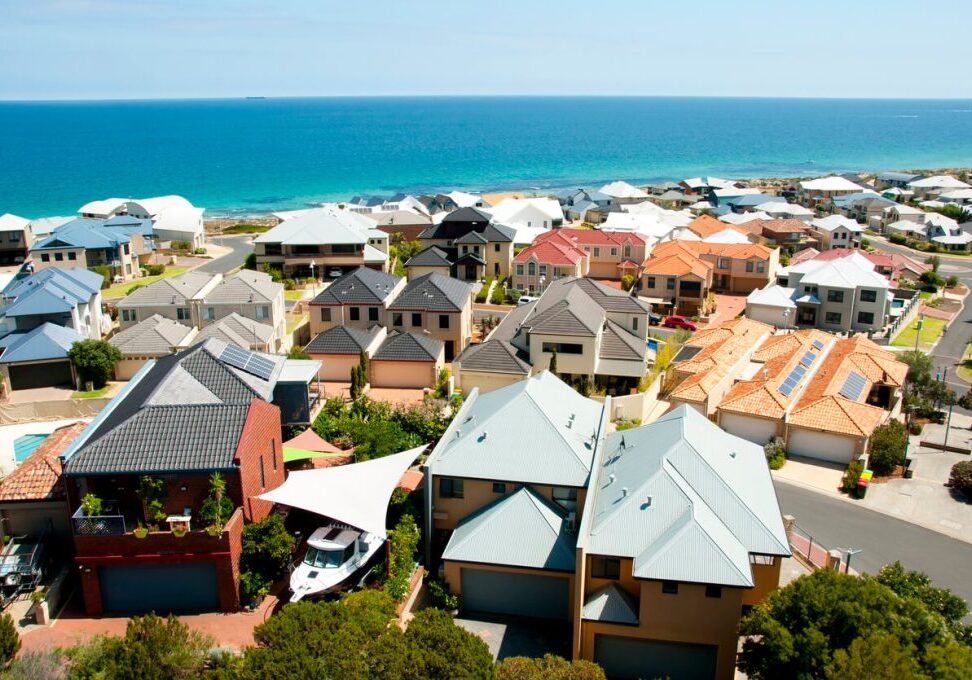Who Is Responsible For Maintenance And Repairs?

Keeping a property in great condition through maintenance and repairs can be hard work. But, with the tenant, landlord and property manager all working together the property will remain in excellent condition.
There are many different elements to a property that needs maintenance and occasional repairs. Whether this is the gardens, drains, gutters, plumbing, air conditioning, or more. Often there is uncertainty among both tenants and landlords as to what their individual repair and maintenance responsibilities are.
To ease any confusion, and to ensure that your property remains in the best condition possible, here are the most common responsibilities for both tenants and landlords.
An overview of responsibilities
Generally, the tenant and landlord/property manager have very specific responsibilities when it comes to property repair and maintenance. The property manager/landlord is responsible for ensuring the property is in a fit condition for the tenant to live in. Meanwhile, the tenant is responsible for ensuring the property is clean and damage-free while also reporting anything that needs repair or replacement.
These responsibilities will change depending on the cause of the damage or breakage. If a drain is blocked because of general wear and tear, then the landlord is responsible for getting the drain back into working order. However, if the tenant caused the blockage then the tenant will be responsible for the repair. Even if the tenant is responsible, they should also tell the landlord what the problem is before attempting to fix it, open discussion about the property is key to maintaining a good relationship.
Appliances
If there are appliances supplied by the landlord, then it is up to both the tenant and landlord to ensure that the appliances are clean and usable. The tenant should ensure that all supplied appliances are cleaned and are well maintained. If they do break, then the landlord will promptly repair or replace these items.
For example, an air conditioner. It is up to the tenant to maintain the air conditioner, cleaning out the filter and keeping the unit clean. Most air conditioners are required to be serviced by a technician every 12 months in order to maintain the warranty. If the air conditioner does break, the tenant should tell the landlord/property manager who will then repair it.
Smoke alarms
According to the Residential Tenancies Authority (RTA) tenants must test and clean (by vacuuming or dusting) the smoke alarms on the property at least every 12 months and replace any flat or nearly flat batteries. The tenant should also advise the property manager/ landlord if there are any problems with the smoke alarms and should not remove any smoke alarms or their batteries.
Landlords/ property managers must ensure that the smoke alarms are working within 30 days of a new tenancy and must not remove a smoke alarm except to replace it.
There is some strict legislation regarding smoke alarms. Smoke Alarms have been known to reduce the risk of death in a house fire by 50%. So, it is vital for both tenants and landlords to ensure that all required legislation is known and followed.
Gardens
Generally, the tenant is responsible for any maintenance of the garden, including mowing, edging and weeding. The tenant may also be responsible for small fallen branches from trees as well, however, if any specialist equipment is required the landlord/ property manager should arrange for these to be removed. It is generally up to the landlord and tenants to agree who should maintain the garden and should be outlined in the tenancy agreement.
The Landlord/ property manager is responsible for any garden maintenance that requires specialists equipment like ladders.
Pools
If your property has a pool you should outline in the tenancy agreement who is responsible for general maintenance. Without an agreement, the tenant is usually responsible for the day to day maintenance such as clearing leaves.
Any further repairs or maintenance is the responsibility of the landlord.
Mould
When mould is found the tenant should immediately report it to the property manager/landlord. Who is responsible will depend on how the mould appeared in the first place. If the mould is a result of a leaking roof, structural issues, absence of adequate ventilation or extractor fans then the landlord/property manager is responsible for cleaning and making any needed repairs.
However, if the tenant caused the mould, by for example not using provided ventilation or cleaning regularly, then it is their responsibility to deal with the mould.
Conclusion
Working together to ensure that the property is in excellent condition is an important factor in a harmonious tenancy. To help this, clearly outline responsibilities based on legislation in the tenancy agreement before tenancy commences. This will allow the tenant to know whether they will need to maintain the garden, or what responsibilities they will have regarding supplied appliances. Talk the tenancy agreement through with your property manager before giving it to the potential tenant. If you do not have a property manager, you should check out our article on why you need a property manager here. After you have read that contact Link Living today!




